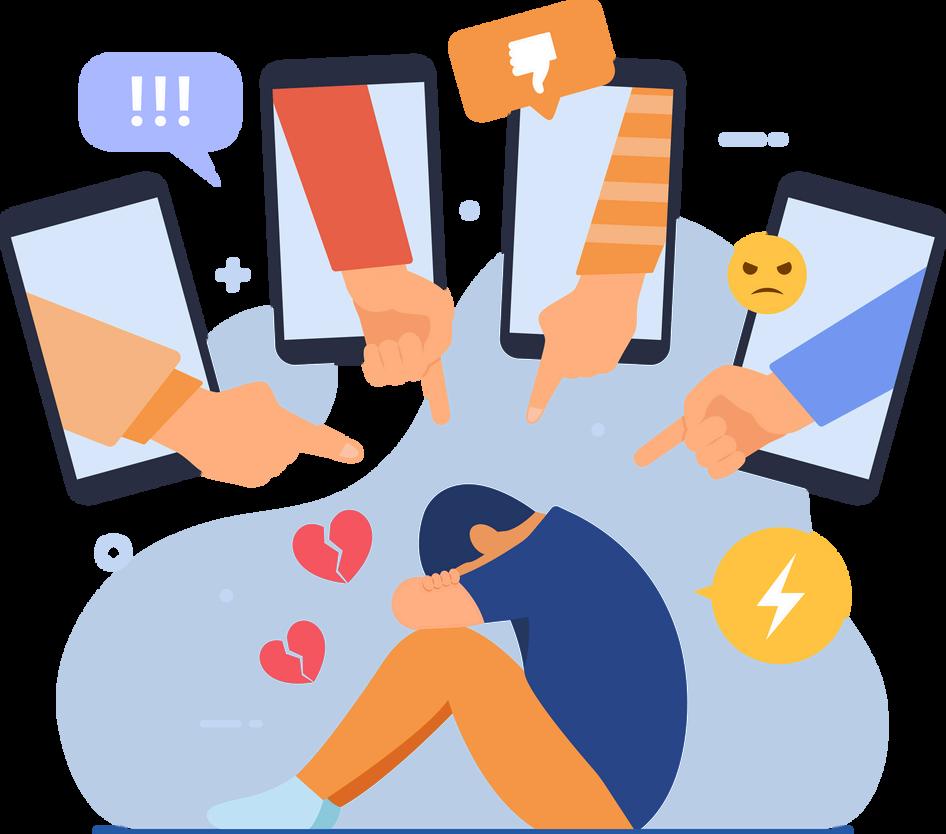
1 minute read
The Impact of Screen Time on Mental Health

Again, studies are ongoing, and it’s challenging to pinpoint precisely what causes these heightened symptoms. We can hypothesize that exposure to cyberbullying and the pressures of online social comparison might be significant factors in the detrimental effects of screen time. In this sense, the concept of screen time may not in itself be the villain here. Instead, the nature of screen use is the culprit Again, this is not entirely understood at this time
The content teenagers are consuming also plays a role in harming mental health. Exposure to unrealistic body images, negative news (doomscrolling), or distressing videos can heighten anxiety and depressive feelings.
It’s a pure time calculation as well; time spent consuming this content often replaces time that could be spent on other protective activities that guard against the very same mental health issues: physical exercise, faceto-face interactions, and a regular, healthy sleep schedule.
Understanding these multifaceted impacts of excessive screen time across emotional, behavioural, social, and cognitive domains is crucial. By recognizing how screen use affects children differently at each developmental stage, parents can tailor their approach to managing screen time effectively.
Benefits of Screen Time
We haven’t touched on the potential benefits of screen time for children of different ages. It’s important we focus on these benefits since the reality of our age is that screen time is fundamental to our daily lives. We can’t avoid this as part of our existence So, understanding some of the benefits of screen time is essential to better shape our interactions with screens
Screens can be valuable tools for learning and development, providing access to educational content to boost literacy, numeracy, and critical thinking skills.
Educational apps and programs can support school curricula and stimulate intellectual curiosity
Screen time can facilitate social connections, allowing children and teens to maintain relationships with friends and family.
Interactive games and creative applications encourage play and can boost imagination and problem-solving abilities.
Therefore, screen time isn’t inherently harmful; it’s the excessive and unbalanced use that poses risks. By finding a healthy balance – a deliberate and mindful approach – parents can help their children utilize the technology available to them while minimizing potential drawbacks.










